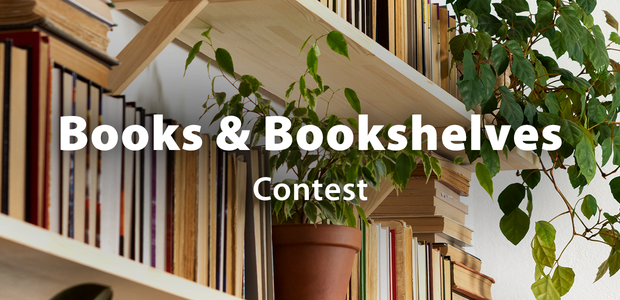Introduction: Lucky Hummus 3d Food Printing Experience
Building 3d food printers is one thing. Using them another. Engaging people to understand, relate and experience them a completely different one.
This is the goal of this first 3d food printing experience for Pinya3. Trigger people imagination and start a dialogue around 3d food printing.
Step 1: What Is a 3d Food Printing Experience?
For me a 3d food printing experience is interaction, customization, tasting, learning and fun! So with that in mind is how the lucky hummus experience was born.
How it works?
- Choose a shape
- Pick a cracker and place it in the center of the printer
- Hold it while the printer prints on top
- Play and decorate with fillings and toppings
- EAT IT!
Step 2: Printable Hummus
Four main ingredients to prepare the hummus that is used to print.
- Canned chickpeas
- Tahini
- Olive oil
- Salt
Strain the chickpeas and keep the water. Mix them in the food processor bowl with a spoon of tahini, a spoon of olive oil and pinch of salt. Blend together. While blending add little by little the chickpea water until you see the consistency is smooth. There is a wide range of textures that will work. So just make sure to add enough water to be able to blend all together without the need to stir it by hand. Not all the water is needed otherwise it wont hold its shape! Testing is the key.
To make sure there is no lumps left, I use a potato riser or a flat sieve. The second one takes longer but will ensure that any of your prints runs lump free (no clogged nozzle).
Once the hummus is sieved load a cartridge.
The printer used is Pinya3.
Step 3: Shapes
The idea for the shapes came from a lucky four leaf clover. That is why the experience is called lucky hummus. Two shapes where designed using a rhodonea curve equation. To create the shapes this webapp was used.
The four leaves shape is the lucky and the three leaves the unlucky. These were they two designs available.
Step 4: Fillings and Toppings
I prepared two fillings for people to play with. Carrot and avocado.
Carrot filling instructions. Peel the carrots, chop them, and boil until tender. Sieve and keep the water. Add a little bit of salt and pepper. Blend the carrots and add as much carrot-water as needed until the texture is like a thin puree.
Keep the puree in a serving squeeze bottle.
Avocado puree instructions. Peel the avocado and smashed the flesh adding a pinch of salt, olive oil and some lemon juice to avoid oxidation. Blend until it has a smooth texture.
Keep the puree in a serving squeeze bottle.
The available toppings were Hawaiian black salt and sliced tomato cherries.
Step 5: People
Thank you Florian, Madeline, Riccardo, Scott, Vanessa and Noah for your pictures trying the lucky hummus experience!
I was happy that so many people decided to try some printed hummus treats. People was curious and positive. Surprised that the printing process was kind of fast (under a minute).
For me the best part was seeing people making their own decision about their process interaction. Filling the gaps on their own. For example using the fillings to "draw" outside of the shapes holes. Moving their hand while printing to modify-enhance-customize the original shape. Or... USING their hands as a crackers!
Thank you very much Pier 9 community for such a wonderful response!













